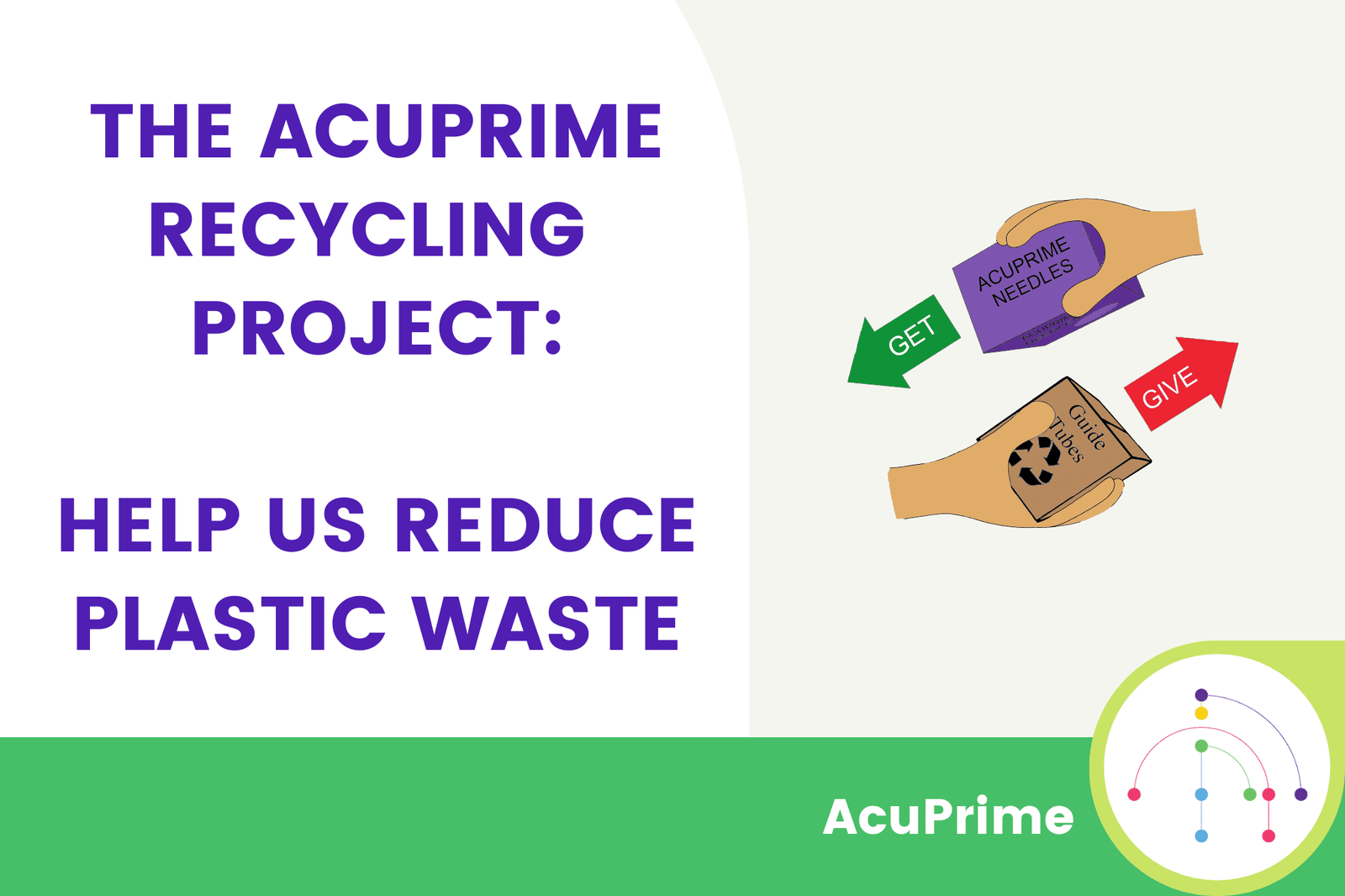When we’re children, our education is prescribed for us. We don’t need to think about anything, plan or make decisions; we just need to turn up to class. As teenagers, perhaps we’re given a little authority over subjects and, at university, we get to specialise much further. But what might feel like a specialism as an undergraduate quickly reveals itself to be amazingly broad.
Many practitioners in healthcare subjects qualify into a broad industry. Physiotherapy, for instance, is still enormously broad. Even once you’re working in a clinic, there’s still much more learning to be done and you may well consider your first role as just the beginning of your true education.
With so many avenues to explore in healthcare and physical therapy, in this article we’re going to take a look at the importance of continuing education.
The learning never stops
When you first enter the world of work, perhaps as a physiotherapist, it’s difficult to choose a specialism because you haven’t experienced many yet. But it’s vital that, throughout your career, you frequently check in with your ongoing education and career progression plan. This isn’t set in stone, but it helps you identify a path towards the specialism that you want.
The Chartered Society of Physiotherapy lists these questions as examples of what you could be asking yourself when creating a progression plan:
-
what are your current strengths and weaknesses?
-
do you want to move into a particular area or specialism?
-
what specific competencies, knowledge and skills do you need to advance?
-
what may be needed in terms of further experience or qualifications?
-
what/who might help or hinder your development?’ – https://www.csp.org.uk/professional-clinical/cpd-education/professional-development/personal-development-plans
Regardless of how new you are to your role, thinking about where you want to take it is a sure way to keep learning, open yourself up to opportunities and make the most of networking situations.
Asking questions
A great way to help you craft a career progression plan is to talk to somebody who’s already achieved what you’d like to. Want to open your own practice one day? Want to become a specialist acupuncturist? Seek out those who are where you want to be or who have done what you want to do and ask them about how they did it.
Everybody’s paths are different but seeing how others have achieved your goals offers priceless insight and often excellent advice. From course recommendations to tips and tricks, other people are the best source of information out there. Don’t be afraid to contact experts out of the blue either. Most people love being asked for advice and will remember being exactly where you are.
The CSP Physiotherapy Framework
If you are a practising physiotherapist, the CSP’s Physiotherapy Framework is an invaluable resource that shows you where you are in your career and the skills, values and behaviours you need to work on to reach the next level. It does a fantastic job at making career progression transparent and can help you see what needs to be done to get to where you want to go.
The CSP site also maintains a comprehensive list of short, professional development courses and masters’ degrees. With a wide variety of courses, you’ll discover fascinating, relevant subjects simply by clicking through the list. As physiotherapy and healthcare in general are ever-evolving, your future specialism might be something you’ve never heard of yet. Keeping abreast of short course options helps to open your eyes to new paths.








